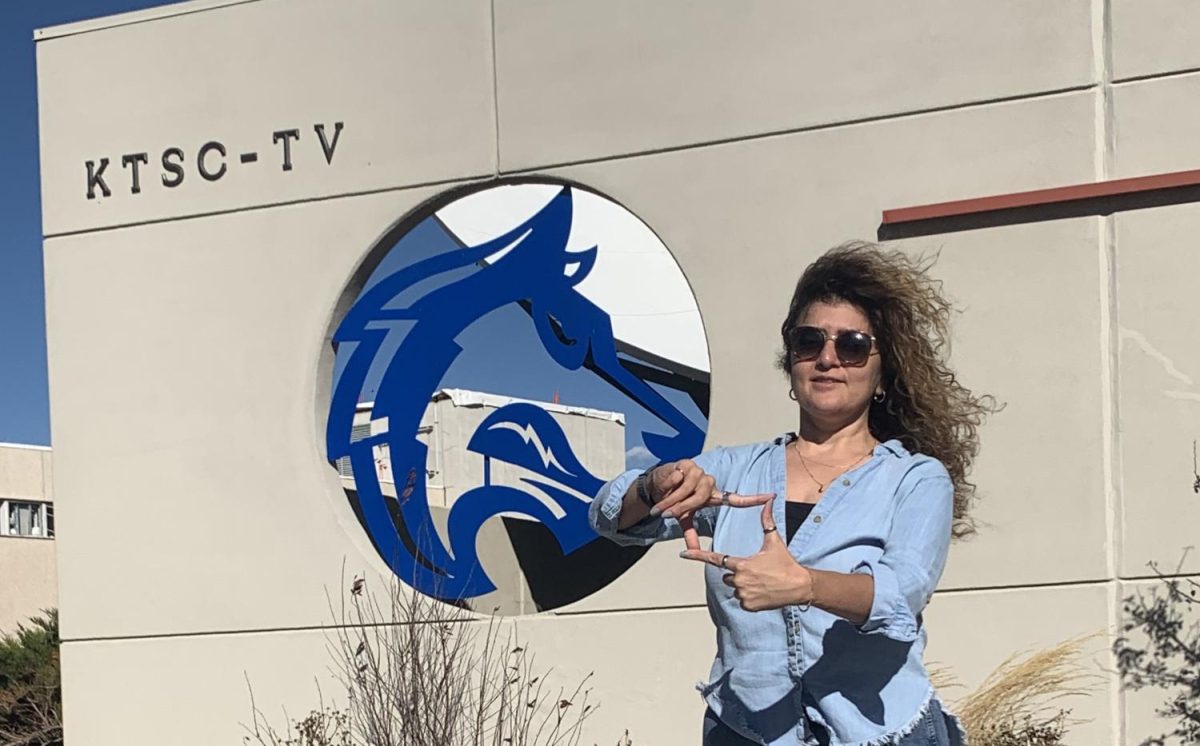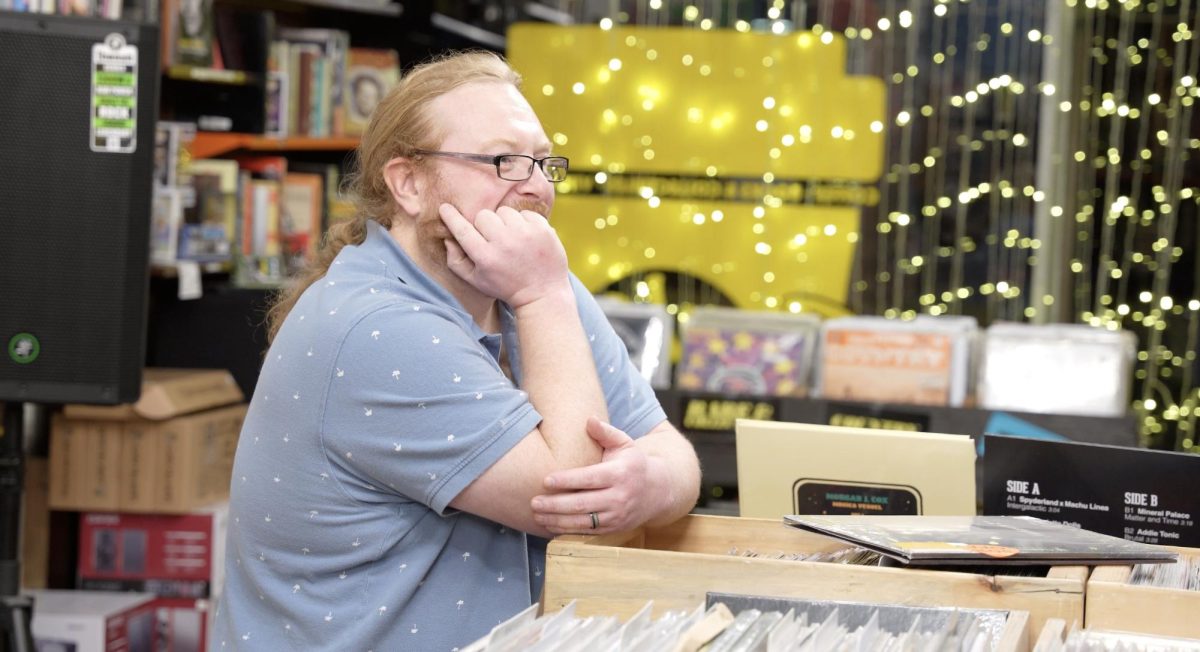The role of women and their role in the work force and in the family was explored during Tuesday’s presentation, Motherhood Manifesto.
The presentation, led by Gina Lopez Ferguson first-year center activities coordinator, and Tanya Baird, internship coordinator for the university, covered everything from flexibility in the work place, to health care, to media influence on the family and to fair wages, including paid maternity and paternity leave, as well as sick leave.
The purpose of the presentation was to help make women on campus aware of the problems they could potentially face as working mothers, and to assure them that they have support and some resources if they do find themselves in a problematic situation in the work place.
The presentation was divided into seven different problematic areas that women, especially working mothers, have experienced, and still experience, in the work place.
MOTHERS is the acronym used for the presentation.
The M stands for maternity and paternity leave, the O for open flexible work. The T stands for television we choose our children to view, the H for health care for all children. The E for excellent childcare, the R for realistic and fair wages. Finally the S stands for sick days paid.
At the beginning of the presentation a 45-minute film was shown to describe each of the seven problems more in-depth.
Although some facts shared in the film were outdated, most were still relevant today.
Alarming statistics about women’s experiences in the work place in terms of hiring rates proved that the working mother faces some outstanding odds.
One statistic showed that working single mothers make 60 percent the salary of men.
Also, the film shared that women were once discriminated against based on the fact that they were not married and had children. In the days when it was legal, if a woman told her prospective employer that she was a single mother, she probably wouldn’t get hired because of the risk of her “taking too much time off of work”.
Aside from showing the difficulties women experience getting hired for a position in which they are more than qualified for, the film also covered the fact that although many women are working mothers, they are still unable to afford necessities for their children.
Health care and child care costs are at an all-time high, and some women are forced to choose between working or caring for their children because they can’t afford the rates. Some women can’t even afford to take time off of work to care for their sick children.
It’s sad because most of us have either lucked out in being able to find a job that is willing to be flexible with our personal schedules, and some of us are lucky enough to have friends and family to help us care for our families while we work, said Baird continuing, it’s sad, though, because not every working mother has the same luck, and for those women it really does become a painful choice between work and family.
We want to be there for our families, but sometimes the best way to be there for them is to work, Baird said. Some women are really caught between a rock and a hard place.
Following the film was an open forum in which the people attending the presentation could share their personal experiences and concerns.
Two young student mothers shared their thoughts on the film as well as their concerns as they are nearing the time when they will be placed in the work force.
It is scary because even though we are working, and even though it seems like we are not too bad off, it is nearly impossible to afford health care or child care for our children, said Michelle Miller, a sophomore majoring in social work. Our children should have the best, and it hurts to know that we may not be able to give them that, she said.
“I have really lucked out that I have such a supportive family who is willing to help me out with my son,” said Coral Beasley, a junior social work major. “I live at home, my father cares for my son and I don’t have to work. I’m the epitome of a mooch, but that’s the only way we can make it work,” she said.
The women shared other stories of their concerns within the childcare system and health care system.
“Even though I work here for the university and I get a discount on childcare, I still can’t afford it and I only have one child,” said Ferguson.
“My parents help me with my son, and I can’t imagine if I had to put him in daycare. There’s no way we could afford it, and I wouldn’t consider myself in a bad financial situation. I really feel for women with more than one child that have to do that. There’s just no way,” she said.
The presentation ended with much to think about.
“I just really want it to be easier for the generation after me, and the generation after that, and so on and so on,” said Baird. “As women we need to stick together, and if anything, I just wanted this presentation to show women here on campus that we understand it’s a harsh world out there, but you’re not the only ones going through it. We’ve been there too, and we’re here to help.”







